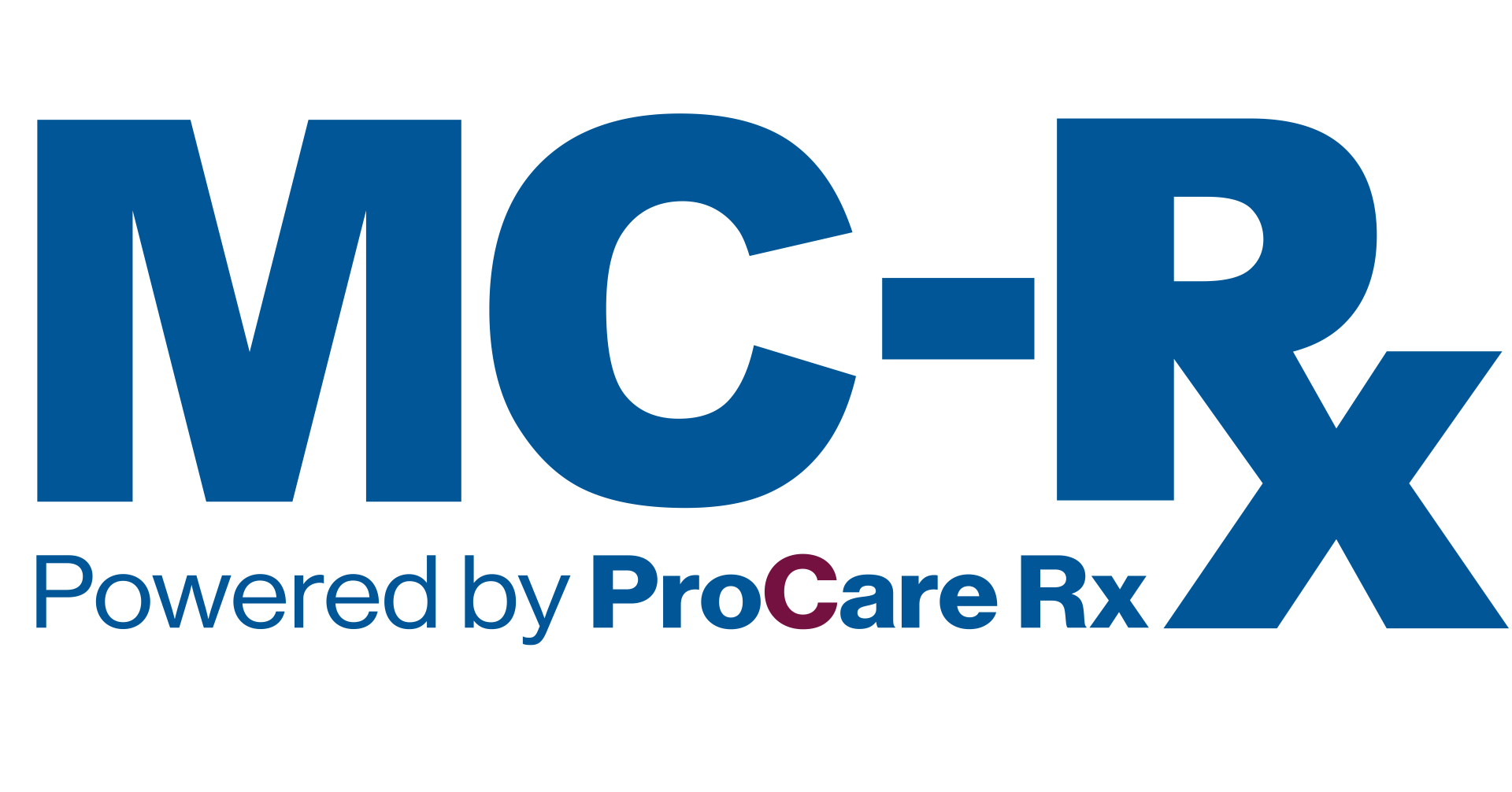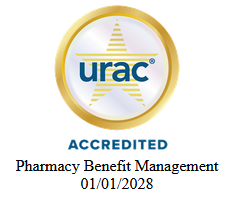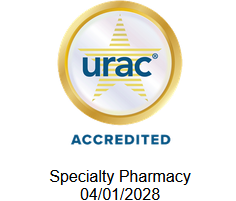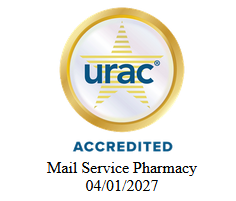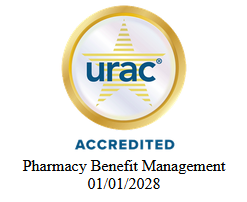Ensuring Benefit Integrity: The Role of PBMs in the War against Fraud, Waste, and Abuse
The Unceasing Peril of Healthcare Fraud

In the ever-evolving landscape of healthcare, Pharmacy Benefits Management (PBM) companies serve as critical intermediaries, facilitating access to medications and ensuring cost-effective solutions for payers and patients alike. However, with the escalating threat of fraud, waste, and abuse in the healthcare industry, the role of PBMs in preventing, detecting, and correcting these unethical practices has never been more crucial. PBMs deliver a vital contribution in safeguarding payer interests and patient well-being through robust integrity programs.
The Unceasing Peril of Healthcare Fraud
Healthcare fraud continues to present a significant challenge in the United States and globally. The National Health Care Anti-Fraud Association (NHCAA) estimates that healthcare fraud costs the U.S. healthcare system tens of billions of dollars each year 1 , impacting both private and public payers. This staggering figure highlights the urgency of implementing robust measures to combat fraudulent activities and protect the integrity of the healthcare system.
The U.S. Department of Health and Human Services reported that in 2020, the total estimated improper payment in the Medicare program was $28.9 billion 2 , with a significant portion attributed to fraud. According to a report by the U.S. Government Accountability Office (GAO), improper payments under Medicare Part D reached $4.9 billion in 2020 3 .
The PBM's Role in Preventing Fraud, Waste, and Abuse:
- Contractual Oversight: Serving as representatives for payers, PBMs negotiate and oversee contracts with pharmacies, drug manufacturers, and healthcare providers. With a thorough focus on contractual compliance, PBMs ensure all parties adhere to ethical and legal standards, effectively reducing the potential for fraudulent activities.
- Transparent Pricing: PBMs hold a vital responsibility in establishing drug pricing and reimbursement rates. Their commitment to transparency and fair negotiations helps diminish the motivation for pharmacies to participate in fraudulent billing practices or manipulate prices. As a result, the system is fortified against unethical behaviors, ensuring equitable access to medications for all stakeholders involved.
- Fraud Detection Algorithms: By harnessing cutting-edge technology, PBMs utilize sophisticated fraud detection algorithms that scrutinize prescription claims and other data to detect patterns suggestive of fraudulent activities. Swift identification facilitates prompt intervention, mitigating financial losses for payers and safeguarding the integrity of the system.
- Prior Authorization: PBMs design prior authorization procedures to confirm medical necessity and compliance with established criteria for prescribed medications. This measure effectively decreases the risk of medication abuse and inappropriate utilization, ensuring that patients receive appropriate and essential treatments.
- Network Credentialing: PBMs conduct stringent credentialing processes for pharmacies and healthcare providers in their networks. Through verifying qualifications and legitimacy, they shield payers from fraudulent entities seeking to take advantage of the system. This rigorous approach ensures the integrity and trustworthiness of the network, safeguarding the interests of all involved parties.
- Pharmacy Audits: PBMs perform thorough examinations of pharmacy claims to confirm adherence to contractual terms, industry regulations, and correct billing procedures. These audits involve verifying drug pricing accuracy, adherence to formularies, and appropriate medication usage. Additionally, PBMs use these reviews to detect and prevent instances of fraud, waste, and abuse within the pharmacy benefits management system.
MC-Rx’s Benefit Integrity Program: A Beacon of Ethical Practices
At MC-Rx, we take pride in our unwavering commitment to integrity, transparency, and ethical practices. Our integrity program is designed to address the specific needs of payers, offering a multi-faceted approach to prevent, detect, and correct fraud, waste, and abuse. Our program highlights include:
- Real-time Monitoring: Our state-of-the-art fraud detection algorithms continuously monitor prescription claims, identifying anomalies and suspicious activities promptly.
- Dedicated Fraud Investigation Team: MC-Rx has a dedicated team of experts skilled in investigating potential fraud, waste and abuse. Their vigilance ensures that any potentially fraudulent activities are swiftly detected and reported to appropriate authorities.
- Extensive Auditing: We conduct regular audits of pharmacy claims, ensuring compliance with contractual terms and industry regulations.
- Training and Education: Our Benefit Integrity Program includes comprehensive training for employees, pharmacies, and related entities to increase awareness of fraud, waste, and abuse, empowering them to uphold ethical standards.
- Collaborative Efforts: We work closely with law enforcement agencies, payers, regulatory bodies, and industry stakeholders to share insights and combat fraudulent activities collectively.
As healthcare continues to evolve, MC-Rx stands at the forefront of safeguarding the integrity of the pharmacy benefits. By actively preventing, detecting, and correcting fraud, waste, and abuse on behalf of payers, MC-Rx plays a pivotal role in promoting transparency, cost-effectiveness, and patient-centric care. At MC-Rx, our robust Benefit Integrity Program exemplifies our dedication to upholding ethical practices and protecting the interests of both payers and patients. Together with collaborative efforts from all stakeholders, we can fortify the healthcare system against the threats of fraud, waste, and abuse, ensuring a healthier and more sustainable future for all.
References:
1 https://www.nhcaa.org/tools-insights/about-health-care-fraud/the-challenge-of-health-care-fraud/
2 https://www.cms.gov/newsroom/press-releases/fiscal-year-fy-2019-medicare-fee-service-improper-payment-
rate-lowest-2010-while-data-points
3 https://www.gao.gov/highrisk/medicare_program/why_did_study



